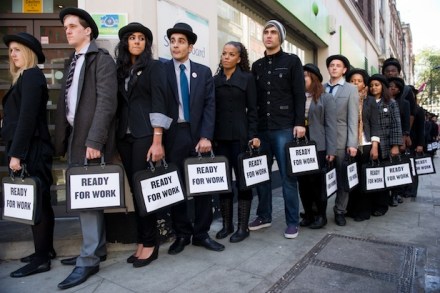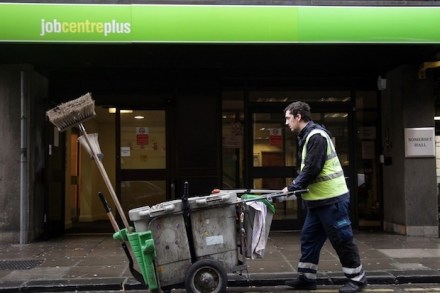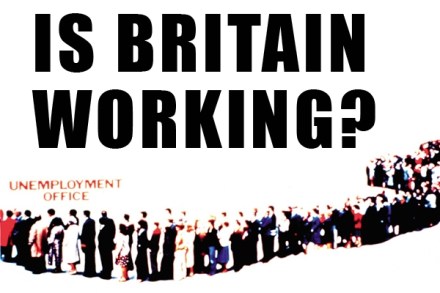The government must prevent young people from falling into the benefits trap
Despite promises to be ‘tougher than the Tories’ with regards the welfare bill, shadow work and pensions secretary Rachel Reeves MP was today batting away headlines suggesting that Labour was considering plans to scrap benefits for the under-25s. Reeves’s insistence that neither she, nor the party, support a worthwhile report from the influential, left-of-centre think tank, the IPPR, should raise concern. Not least because the IPPR raised similar points to those of the Prime Minister in his speech at this year’s party conference. In it he outlined plans for an ‘earn or learn’ scheme and recommended that young people are taken out of the welfare system altogether. This is disappointing from a Labour




















